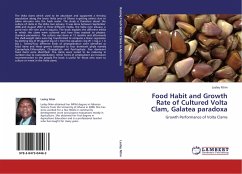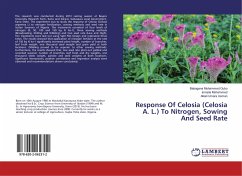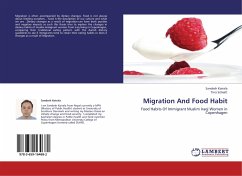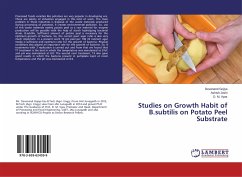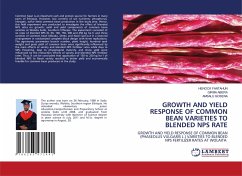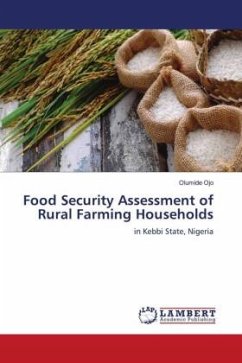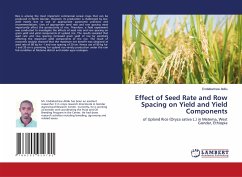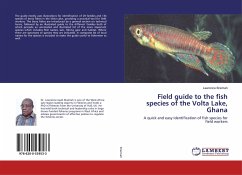The Volta clams which used to be abundant and supported a thriving population along the lower Volta area of Ghana is getting extinct due to saline intrusion into the fresh water. The study is therefore about the culture of clams in the Volta river estuary. It was done between September 2006 and August 2007 in three different media, the Volta river estuary, a pond near the river and in aquaria. The book explains the different media in which the clams were cultured and how they reacted to physico-chemical parametres. The culture was done in 12 months and afterwards the shell-weight data were log transformed to compute a linear regression by plotting log of W against log of L from the equation; log W = log a + b log L. Twenty-four different kinds of phytoplankton were identified as food items and these genera belonged to four dominant phyla namely Cyanophyta,Chlorophyta, Chrysophyta and Pyrrhophyta. Five dominant food items were identified. The clams were noted to be reducing in numbers due to overexploitation. Other forms of employment are however recommennded to the people.The book is useful for those who want to culture or invest in the Volta clams.

